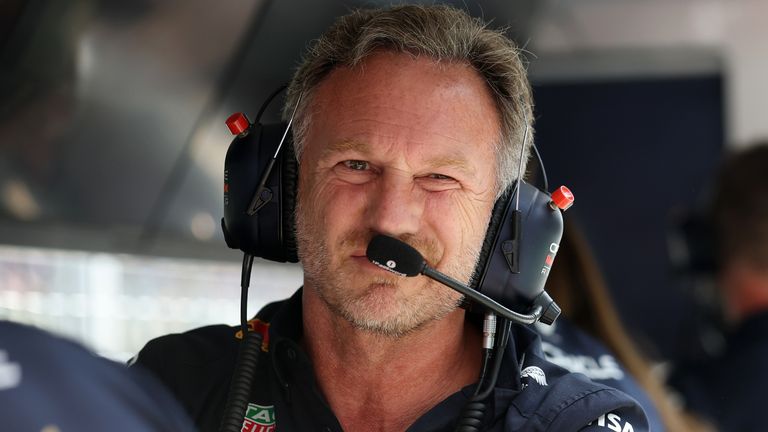End of an Era in Formula 1
Christian Horner’s two-decade reign as the team principal of Red Bull Racing came to an abrupt end on July 9, 2025, marking a seismic shift in the world of Formula 1. The decision, confirmed by Red Bull in an official statement, brings to a close one of the most successful and eventful chapters in the sport’s modern history.
Horner, who took the helm in 2005 when Red Bull first entered Formula 1, transformed the Milton Keynes-based outfit from a mid-tier team into a dominant force. Under his stewardship, Red Bull Racing secured six Constructors’ Championships and eight Drivers’ Championships, with legendary runs by both Sebastian Vettel and Max Verstappen. Over 124 Grand Prix victories were achieved during his tenure, cementing Red Bull’s reputation as one of the sport’s elite teams.
The Announcement and Immediate Aftermath
The announcement of Horner’s dismissal came just days after a disappointing performance at the British Grand Prix, where Red Bull found themselves languishing in fourth place in the Constructors’ standings—a rare sight given their recent dominance. The team acted swiftly, naming Laurent Mekies, previously principal of sister team Racing Bulls, as the new CEO of Red Bull Racing.
Oliver Mintzlaff, Red Bull’s CEO of Corporate Projects and Investments, paid tribute to Horner’s legacy:
“Christian Horner’s outstanding contributions over the past 20 years deserve our heartfelt thanks. His unwavering dedication, extensive knowledge, skills, and innovative ideas have been vital in establishing Red Bull Racing as one of the most successful and sought-after teams in Formula 1. We appreciate everything, Christian”.
Turbulent Final Years
While Horner’s achievements on the track are indisputable, his final 18 months at Red Bull were marred by controversy and internal strife. In February 2024, allegations of inappropriate behavior were made against him by a female colleague. Horner strongly denied the accusations, and following an independent investigation and an appeal, he was cleared of any wrongdoing. However, the episode cast a long shadow over his leadership and the team’s public image.
The period also saw significant turnover within Red Bull’s senior ranks. Legendary designer Adrian Newey and sporting director Jonathan Wheatley both departed, signaling a broader shift in the team’s internal dynamics. Sources within the team described an increasingly tense atmosphere, exacerbated by on-track struggles and uncertainty surrounding the future of star driver Max Verstappen.
Legacy and Impact
Horner’s legacy is defined by Red Bull’s meteoric rise. The team’s first major success came with Sebastian Vettel, who clinched four consecutive Drivers’ Championships from 2010 to 2013. More recently, Max Verstappen has dominated the sport, winning four straight titles under Horner’s guidance. These achievements not only elevated Red Bull’s status but also reshaped the competitive landscape of Formula 1.
Despite the personal and professional challenges of his final years, Horner’s influence on the sport is undeniable. He was the longest-serving team principal in F1 history, renowned for his strategic acumen, relentless drive, and ability to foster talent both on and off the track.
What’s Next for Red Bull?
With Laurent Mekies stepping in, Red Bull faces a period of transition. The immediate challenge will be to stabilize the team amid ongoing changes and to recapture the competitive edge that defined the Horner era. The Formula 1 paddock will watch closely to see if Red Bull can maintain its status as a powerhouse or if this marks the beginning of a new, uncertain chapter.
Conclusion
Christian Horner’s dismissal after 20 years is a watershed moment for Red Bull Racing and Formula 1 as a whole. His tenure brought unparalleled success and controversy in equal measure. As the team embarks on a new journey, Horner’s legacy as a transformative figure in motorsport will endure.

